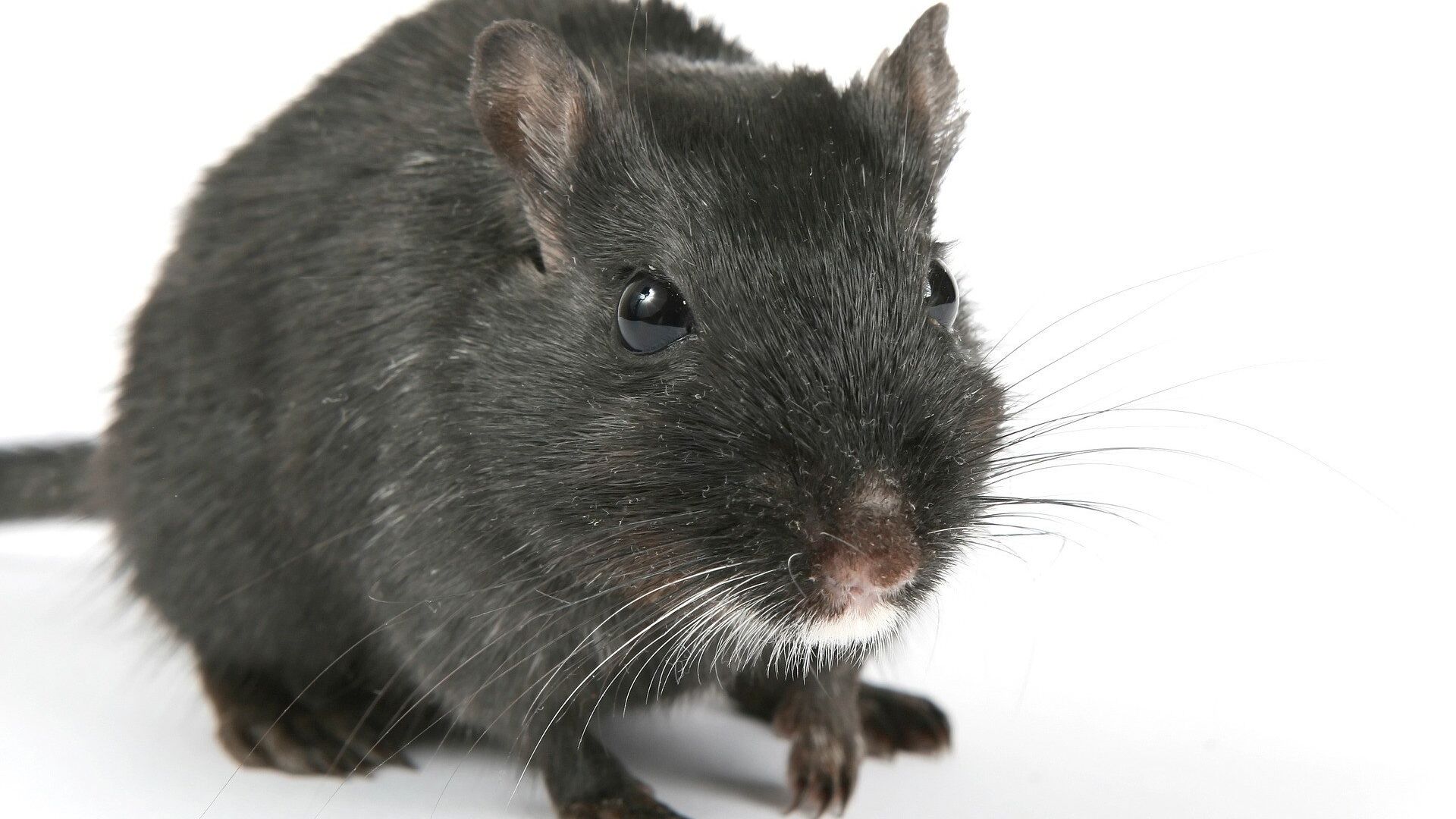https://sputnikglobe.com/20230105/scientists-grow-human-brain-that-successfully-takes-root-in-mouse-1106055651.html
Scientists Grow 'Human Brain' That Successfully Takes Root in Mouse
Scientists Grow 'Human Brain' That Successfully Takes Root in Mouse
Sputnik International
A group of scientists reports a breakthrough: an organoid of the human brain has been successfully transplanted into a mouse.
2023-01-05T11:59+0000
2023-01-05T11:59+0000
2023-01-05T14:02+0000
science & tech
uc san diego
mice
human brain
experiment
transplantation
implant
https://cdn1.img.sputnikglobe.com/img/104957/33/1049573346_0:105:1921:1185_1920x0_80_0_0_d3448f31fdc187ce43eded32f11a2e38.jpg
A team of researchers led by Duygu Kuzum, an assistant professor at the University of California San Diego's Department of Electrical and Computer Engineering, conducted an experiment by implanting a human brain organoid in mice.For the first time, such an experiment gave positive results as the implanted human brain organoids proved able to establish connections with the animal's brain cortex.To observe the experiment's results, scientists placed a transparent graphene electrode on top of the organoid cells. When combined with two-photon imaging, this allowed the brain tissue to be studied to a thickness of up to one millimeter. Thus, the team was able to see how the blood vessels of the mouse's brain penetrated the organoid and begin to nurture it with everything the organoid cells need to live. Electrode sensors captured neuronal activity in the organoid and in the native visual cortex of the mouse's brain.The experiment showed that flashes of light in front of the mouse's eyes were accompanied by the activity of organoid tissues. To put it simply, the tissues of the "human" mini-brain were implanted into the structure of the mouse brain and began to react to external stimuli which enabled the scientists to say with certainty that for the first time an artificial brain has responded like a real one."This experimental set-up opens up unprecedented opportunities for investigations of human neural network-level dysfunctions underlying developmental brain diseases," Kuzum said.
Sputnik International
feedback@sputniknews.com
+74956456601
MIA „Rossiya Segodnya“
2023
News
en_EN
Sputnik International
feedback@sputniknews.com
+74956456601
MIA „Rossiya Segodnya“
Sputnik International
feedback@sputniknews.com
+74956456601
MIA „Rossiya Segodnya“
human brain implanted in mouse, human brain organoid was implanted, mouse with human brain how, organoid implantation
human brain implanted in mouse, human brain organoid was implanted, mouse with human brain how, organoid implantation
Scientists Grow 'Human Brain' That Successfully Takes Root in Mouse
11:59 GMT 05.01.2023 (Updated: 14:02 GMT 05.01.2023) Organoids - minuscule and simplified versions of an organ produced in vitro via micro-anatomy - is one of the greatest breakthroughs in science and the technique for growing them has improved many times in the past decade.
A team of researchers led by Duygu Kuzum, an assistant professor at the University of California San Diego's Department of Electrical and Computer Engineering,
conducted an experiment by implanting a human brain organoid in mice.
For the first time, such an experiment gave positive results as the implanted human brain organoids proved able to establish connections with the animal's brain cortex.
"No other study has been able to record optically and electrically at the same time," Madison Wilson, the paper’s co-author, said. "Our experiments reveal that visual stimuli evoke electrophysiological responses in the organoids, matching the responses from the surrounding cortex."
To observe the experiment's results, scientists placed a transparent graphene electrode on top of the organoid cells. When combined with two-photon imaging, this allowed the brain tissue to be studied to a thickness of up to one millimeter. Thus, the team was able to see how the blood vessels of the mouse's brain penetrated the organoid and begin to nurture it with everything the organoid cells need to live. Electrode sensors captured neuronal activity in the organoid and in the native visual cortex of the mouse's brain.
The experiment showed that flashes of light in front of the mouse's eyes were accompanied by the activity of organoid tissues. To put it simply, the tissues of the "human" mini-brain were implanted into the structure of the mouse brain and began to react to external stimuli which enabled the scientists to say with certainty that for the first time an artificial brain has responded like a real one.
"This experimental set-up opens up unprecedented opportunities for investigations of human neural network-level dysfunctions underlying developmental brain diseases," Kuzum said.

